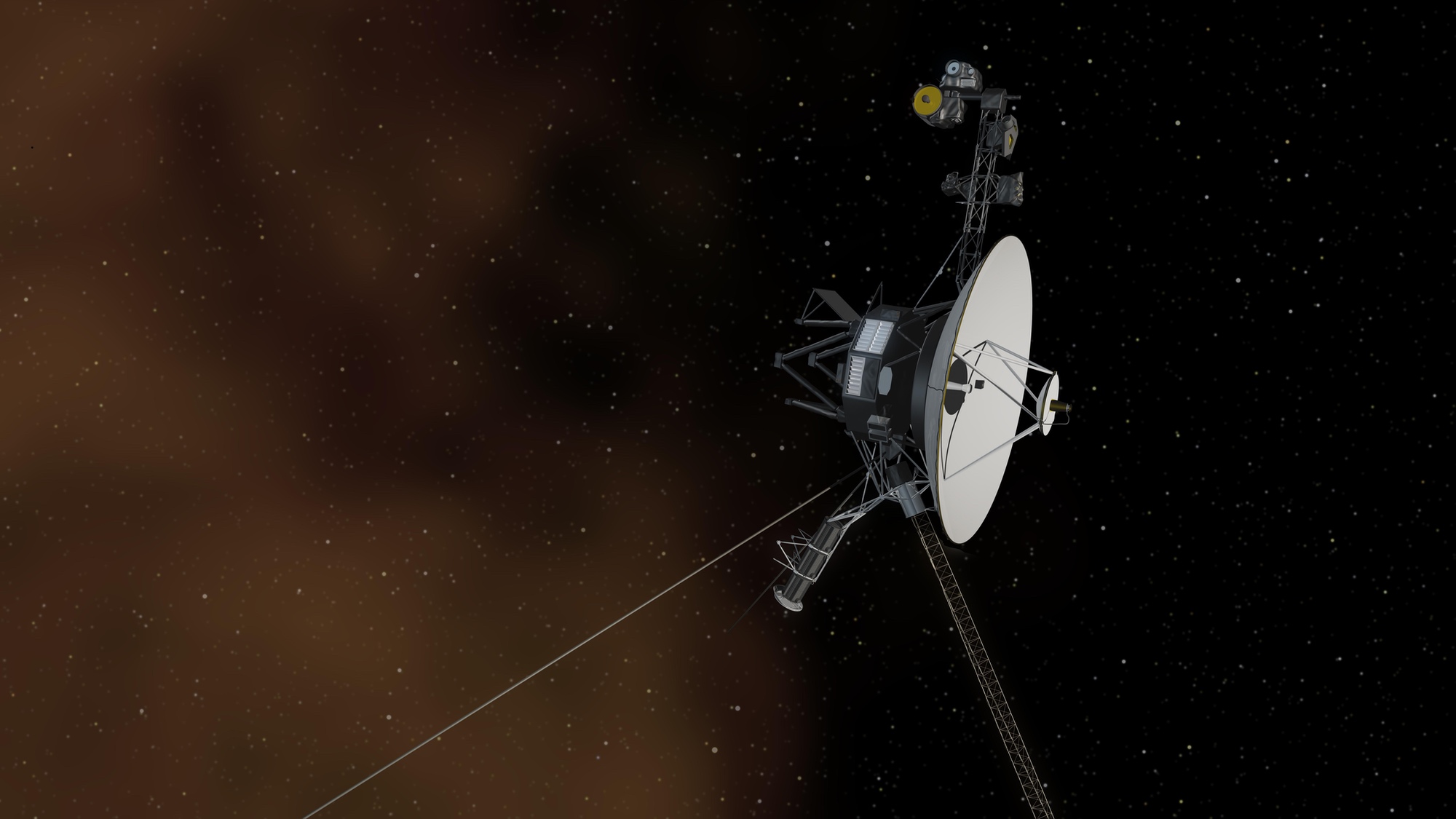NASA optimistic about resolving Voyager 1 computer problem

WASHINGTON — A NASA official says he is optimistic that a problem with the Voyager 1 spacecraft that has kept it from transmitting intelligible data for months can be resolved.
Speaking at a March 20 meeting of the National Academies’ Committee on Solar and Space Physics, Joseph Westlake, director of NASA’s heliophysics division, said it appeared possible to fix the computer problem on the nearly 50-year-old spacecraft that has disrupted operations since last November.
“I feel like we’re on a path now to resolution,” he said. “They’re on the right path and I think we’re going to get to a point where Voyager 1 is going to continue, alive and kicking in space.”
Spacecraft controllers first noticed a problem with the spacecraft in November, when the data transmitted by the spacecraft was unusable. Engineers concluded that the problem was with an onboard computer called the flight data system (FDS), which collects data from the spacecraft’s instruments and other spacecraft telemetry.
Several factors have hampered efforts to correct the problem. Voyager 1, launched in 1977, is now more than 24 billion kilometers from Earth, which means it takes 22.5 hours for signals to travel between Earth and the spacecraft. None of the people who developed the FDS in the early to mid 1970s are available to assist now, so the project has had to turn to documentation to help identify the problem.
NASA announced March 13 progress in fixing the FDS when a command called a “poke” was transmitted to Voyager, and the spacecraft responded by sending back a readout of its memory. The agency said at the time it will compare that readout to one transmitted before the problem to help identify the issue.
Westlake said at the committee meeting that the problem appears to be a corrupted memory unit on the spacecraft. “It’s a part failure on one of the memories and they’re looking for a way to move a couple hundred words of software from one region to another in the flight computer,” he said. A word is two bytes.
He did not estimate how long it would take to make those software changes. NASA, in its latest statement about the spacecraft, said that using the FDS memory readout “to devise a potential solution and attempt to put it into action will take time.”
Related
Read the original article here






